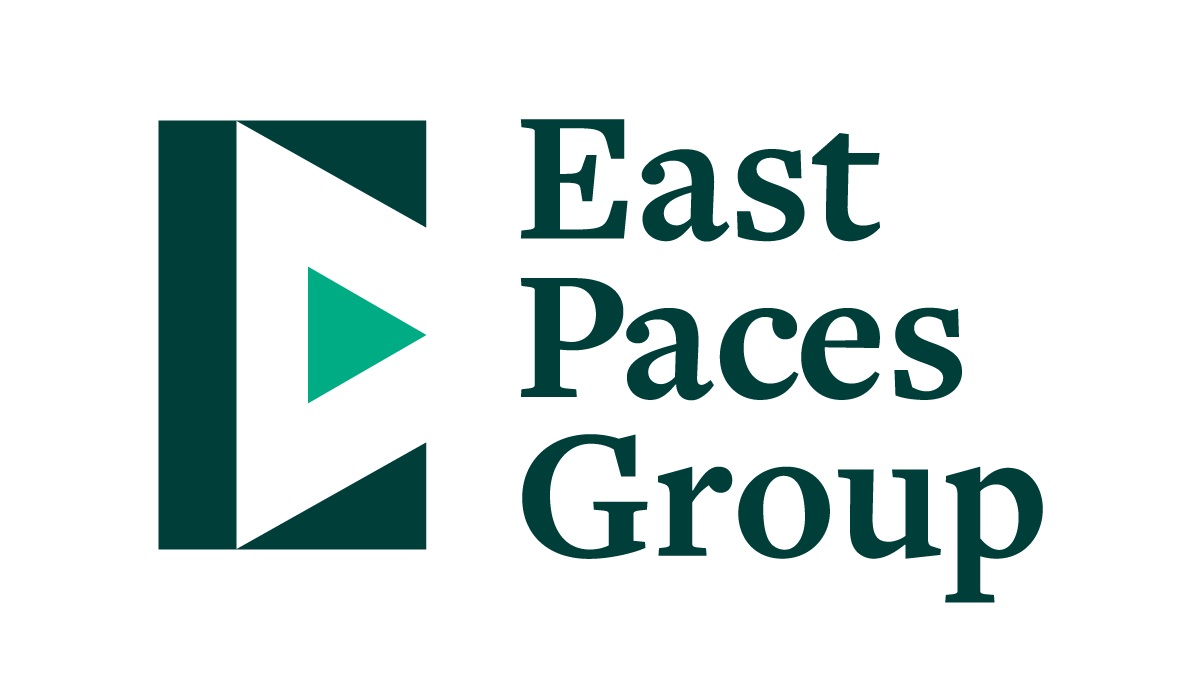Succession Planning Marketplace Evolves
While plan advisers often discuss the importance of succession planning with plan participants or wealth management clients, they might need to follow their own advice when evaluating plans for their business.
By Beth Braverman
A 2018 study by the Financial Planning Association (FPA) found that more than 90% of advisers recognize the risks associated with not having a succession plan, but just 27% had a plan in place to transition when they no longer want to work full time.
That number might have gone up in the three years since the study was released, as the coronavirus pandemic highlighted the importance of having a plan in place to deal with the unexpected—and as a hot mergers and acquisitions (M&A) market has opened potentially lucrative avenues for succession planning.
“Plan advisers are experiencing generational change,” says Alicia Goodrow, a partner at Culhane Meadows in Houston, who focuses on succession planning. “They’re often closely held, and sometimes family-owned businesses that have not really looked at the road past the retirement of the founder or, perhaps, the founder’s son or daughter.”
Still, many advisers may be putting off succession planning because they don’t want to think about their own future outside of the firm—or simply because it’s a time-intensive, complicated task. Nearly half of registered investment advisers (RIAs) say the biggest challenges when implementing an internal succession plan are identifying a successor (49%) and agreeing on a time frame for implementation of the plan (28%), according to a May study by Dimensional Fund Advisors. Challenges exist when it comes to external succession plans as well, including finding a buyer, valuing the firm and preparing it for sale.
In recognition of these challenges, several consultants offer services aimed specifically at helping plan advisers create a succession plan that best suits their business.
Finding the Right Successor
The challenge of finding the right successor may be more difficult for plan advisers than some other business owners, given the specialization and regulation involved with the practice, says Alex Reffett, co-founder of East Paces Group in Atlanta.
“There are fewer teams that focus strictly, or mostly, on plan advising, and because of that, some people think they won’t be able to find a successor, and they just let the business fizzle off,” Reffett says.
Seeing an opportunity, he says East Paces Group is increasingly working in the plan adviser marketplace.
“We help [plan advisers] build an infrastructure template and get their assets in order,” he says. “Then we have a transition period where they can offload the work and have our advisers take over, so they can sunset their leader.”

